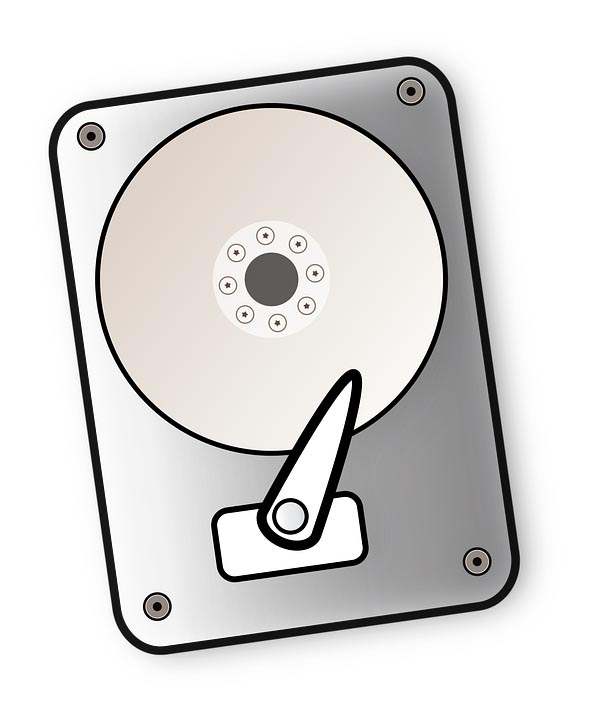A key focus of my blog is Technology. Our world is becoming more and more data driven than ever before. As such, more and more ways to store data are being created. The following contributed post is entitled, The Future Of Data Storage is Way Crazier Than You Think.
* * *

The last ten years have seen something of a revolution in data storage technologies. Solid-state disks in server farms were a pipe dream a decade ago, but exponential improvements in the technology now mean that it is something that the majority of companies use. The price per gigabyte fell below $1 quite some time ago, and now storage costs are competitive with traditional HDD solutions.
The future of storage, however, looks like it is going to be way more exciting than the past. Not only will we get denser and cheaper storage options, but also technologies that keep data safe for longer.
For companies like Interbyte, these trends are important. They mean that the storage industry is going to move away from traditional NAND and disk-based technologies and into radically different realms. What the controllers will look like for the technologies we’re going to discuss below is anyone’s guess. But you can be darn sure that they will look like nothing we’ve seen so far.
DNA Drives
DNA is nature’s storage system. It’s a substance in practically every living thing, including plants and animals, and provides the instructions that allow cells to divide and make new proteins.
Researchers have found that DNA can last for an incredibly long time outside the protective envelope of the cell. Some scientists believe that they may be able to breed new woolly mammoths, even though the last populations died out some 10,000 years ago.
DNA drives are a futuristic technology, but not entirely impossible. The idea is to encode the chemical sequence in a way that a computer could read it and, thereby, derive information. What’s more, because DNA is such a stable molecule, the drive wouldn’t degrade in the same way that traditional storage devices do. You could potentially have a computer that lasted 1,000 years – maybe more.
Then there’s the fact that DNA operates on the molecular level – the smallest possible scales. DNA, after all, is just a chain of atoms held together by a bunch of phosphate groups. Nature probably settled on that design because it was the most efficient way to store information. It is unlikely that there is a way to improve on it. If there were, then evolution would have found it. As far as we know, it hasn’t.
Helium Drives
Unlike DNA drives, helium drives are something that is actually with us already. Boffins and Western Digital – a company that makes storage devices – have come up with a way to pump helium into their devices to improve their performance. These drives, the company claims, need less power to spin (because helium is lighter than air), while still providing the required internal pressurization by the components function correctly.
The cost of these drives is still really low. Another manufacturer, Seagate, currently offers an 8 TB helium drive, which costs less than six cents per gigabyte – that’s competitive.
Are you excited about the future of storage technology? How will it affect how you live your life?
